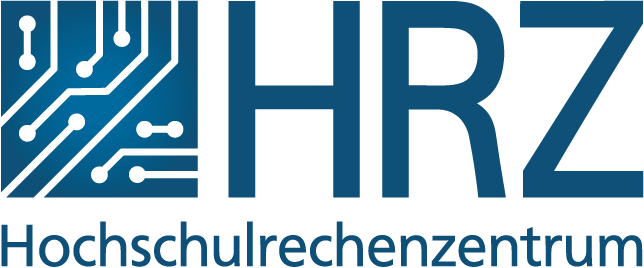The TU Darmstadt has concluded a campus licence for Zoom X, the Zoom variant of Telekom in accordance with the DSGVO. Zoom X can be used by all employees and students for events with up to 300 participants. If required, licences can also be issued for events with up to 1000 participants.
ZOOM X can now be used at TU Darmstadt without restrictions. ZOOM Video Communications Inc. has joined the current Privacy Data Framework between the EU and the USA. This means that the EU Commission's adequacy decision of July 2023 now also applies to ZOOM X. We will inform you if the legal situation changes again.
Jan Hansen, Data Security Officer TU Darmstadt
User groups
The Zoom campus license is available for all employees and students of TU Darmstadt.
Product features
Zoom X offers...
- Video conference incl. audio (dial-in by telephone also possible)
- Chat
- “Raise hand” function
- Screen sharing (“Screen sharing”)
- Shared whiteboard
- Group rooms (so-called “breakout sessions” / “breakout rooms”). Up to 100 breakout rooms can be created in one meeting.
- Waiting room
- Recording of the online meeting and MP4 export possible

